Review of Miracle Worker, The
Introduction
The life of Helen Keller, a blind, deaf and mute girl born into backward middle-class intolerance in post Civil War Alabama is told here through the eyes of her nurse, Annie Sullivan (Anne Bancroft). Through her dealings with Helen (here played by TV-movie castaway Patty Duke) and her unique treatments to ease the burden of the girl`s afflictions, Annie slowly earns her trust but courts the suspicions of Helen`s indifferent, unsympathetic family. Directed by `Bonnie and Clyde`s Arthur Penn and written by William Gibson (the humanist playwright, not the cyber-punk guru.)
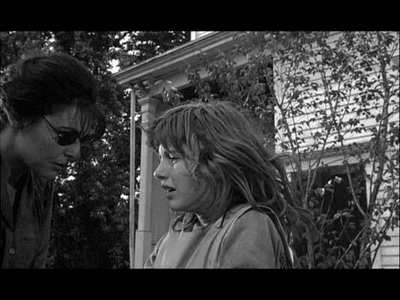
Video
Whilst not as terrible as some MGM back-cat discs, `The Miracle Worker` does not impress. The non-anamorphic transfer features occasional dirt and print damage and the multiple depths of shadow embraced by cinematographer Ernesto Capparós come off as a flat greyscale.
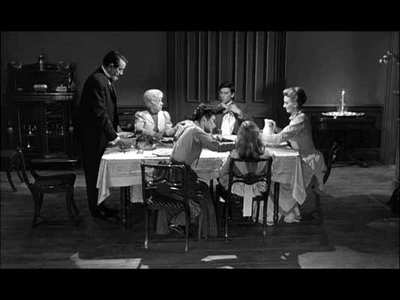
Audio
Another bog-standard mono in trillions of obscure languages. The lack of remastered soundtrack makes some of the dialogue close to inaudible, so subtitles are recommended.
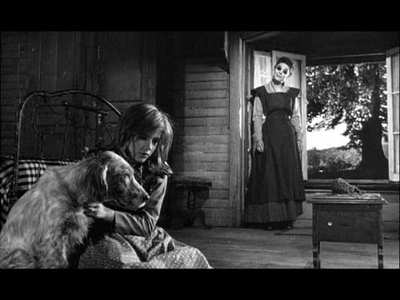
Features
A special deluxe, limited, collector`s expanded 5 disc mega-edition with 6 different edits of the movie, 600 deleted scenes, 9 hours of hilarious bloopers and 19 commentaries including one from the real Helen Keller… no, not really. You get bog-all.
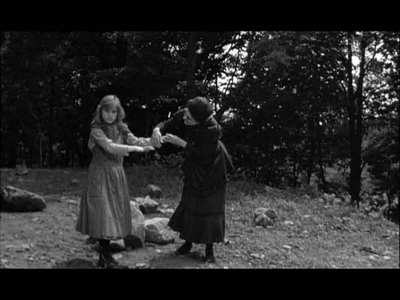
Conclusion
Traumatic, involving, emotionally draining melodrama that makes up for some overwrought performances, a wavering tone and ham-fisted dialogue with a commanding role for Anne Bancroft and Penn`s intelligent, ambitious direction. Long before New Hollywood was willing to leap head-first into the aesthetic, political and moral ambiguities challenged by the early European and Far East pioneers, Penn was coiling deliciously intense soap operas like this, with all the surface of a wholesome classical narrative, but the jagged, ruptured style of a non-conformist classic.
Given the demands of the part, Duke invests Helen with considerable tenderness and restraint, capturing her befuddled corporeal nature, her bestial amorality and her intuitive playfulness with both humor and sensitivity. Her scenes with Bancroft as she gradually and methodically learns to communicate, are marvels of intense acting and taut, sustained craft (both, incidentally, won Oscars for their roles.) If the more prosaic scenes of domestic intrigue in between lack dimension, the pacy narrative helps to even most of the story`s innate sentimentalities and some dazzling expressionistic editing gives it a charred New Wave feel to offset the quaint, settled milieu of dust-bowl Tuscumbia. Within the central stylistic metaphor of fractured sight (Sullivan too suffered from debilitating eye-sight defects throughout her life) Penn weaves an intimate portrait of the tactile over the visual, the felt over the unveiled.
Overshadowed perhaps given that both Bancroft and Penn went on to help coin the generation-defining New Hollywood in 1967. In 1962, Bancroft was years away from bonking Dustin Hoffman`s modish `Graduate` and Penn was just as far from the marvelous carousel of carnage that was `Bonnie and Clyde`. But from this evidence, their credentials as New Wave experimenters are keenly on display. A minor work perhaps, but stylish, intimate and warmly conceived.
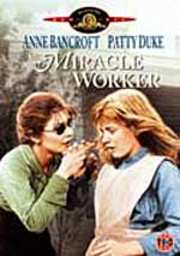




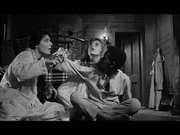
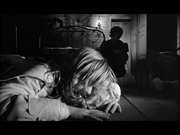
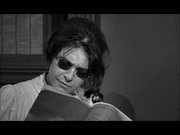
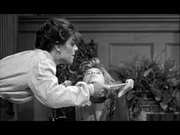
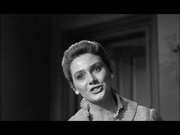
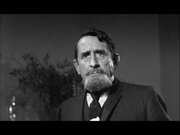
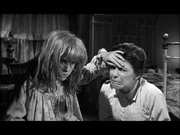
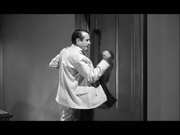
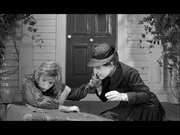
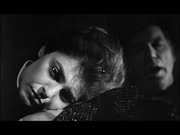
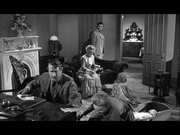

































Your Opinions and Comments
Be the first to post a comment!